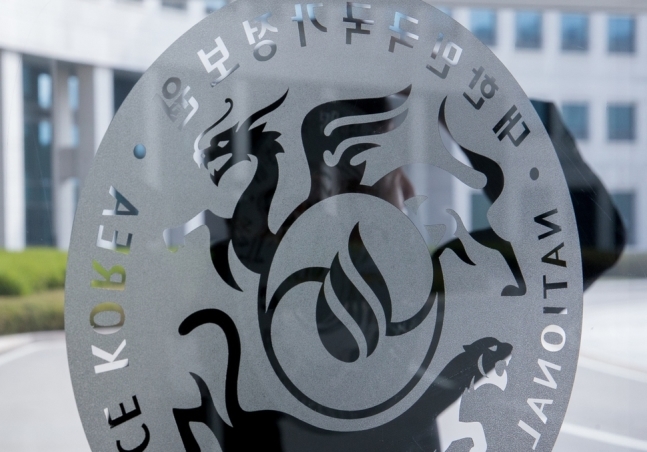 |
|
The National Intelligence Service
|
Cites protection of private information as reason for refusal
Even after a South Korean court ordered the South Korean National Intelligence Service (NIS) to release information related to civilian massacres during the Vietnam War, the NIS again refused to release the information in question, citing another reason. Initially, it justified its refusal by mentioning concerns about diplomatic disadvantages. But after the court rejected that argument, the NIS is now claiming to be protecting private information. According to critics, the NIS is exploiting loopholes in the freedom of information system to neutralize court rulings. On Dec. 26, the Hankyoreh confirmed that the NIS provided notification on Dec. 24 to a task force with MINBYUN-Lawyers for a Democratic Society that is investigating civilian massacres by South Korean troops during the Vietnam War that the NIS would not provide the task force with related information. “The information in question contains private information about third parties. Therefore, releasing this information without the consent of the parties in question would violate the constitutional right to decide what happens to one’s personal information,” the NIS said in its message. “The related individuals are probably not even aware that a freedom-of-information lawsuit has taken place. We have not confirmed whether they would consent to someone else deciding to release their personal information,” the NIS added. In Aug. 2017, the MINBYUN task force submitted a freedom-of-information request to the NIS, asking it to release a document drafted by the Korean Central Intelligence Agency (the KCIA, a predecessor of the NIS) based on interviews with three soldiers who participated in the Phong Nhi and Phong Nhat civilian massacre in Vietnam in Nov. 1969. On Feb. 12, 1968, 74 Vietnamese in the villages of Phong Nhi and Phong Nhat, in Quang Nam Province in central Vietnam, were slaughtered by the 2nd Marine Brigade (Blue Dragons), a South Korean unit that was deployed to the Vietnam War. When the NIS refused to release the information in question, MINBYUN filed an administrative lawsuit asking that the NIS’ decision be reversed. During the course of that lawsuit, MINBYUN learned that in 1972 the KCIA had recorded on microfilm the transcript of the interviews with people connected with the Phong Nhi and Phong Nhat massacre and that the NIS was storing a list of related documents. If that list of documents were released, it would officially confirm that South Korean government agencies had investigated the massacre. The list could be used to learn the subjects, range and direction of the investigation, and additional freedom-of-information requests could even be made to ascertain if there are other documents in addition to the interview transcript. NIS exploits weakest link in freedom-of-information system In the lawsuit filed by the MINBYUN task force, a district court and an appeals court both rejected the NIS’ argument that releasing the information in question could cause serious harm to the national interest and ruled that the information should be released. “The NIS’ argument consists entirely of hypotheticals and assumptions without any concrete grounds,” one of the judges concluded. The problem is how the NIS has behaved since the courts made their ruling. After the appeals court’s ruling, the NIS opted not to appeal further and instead chose another reason for refusing to release the information, namely that it was “protecting personal information.” The NIS was exploiting the weakest link in the freedom-of-information system. If the courts order a government agency to reverse its decision to keep information secret, the agency in question must reconsider whether to release that information and is not allowed to refuse for the same reason as before. Therefore, the NIS cited another reason for not releasing the information, basically invalidating the court order for the information to be made public. “This matter was decided by the courts through an administrative lawsuit. If the NIS repeatedly refuses to release the document by citing the reasons provided in the Freedom of Information Act one after another, it is neutralizing citizens’ right to a trial,” said Kim Nam-ju, an attorney on the MINBYUN task force, during a telephone call with the Hankyoreh. The MINBYUN task force is currently reviewing its legal options as it considers how to respond. By Ko Han-sol, staff reporter Please direct comments or questions to [english@hani.co.kr]






